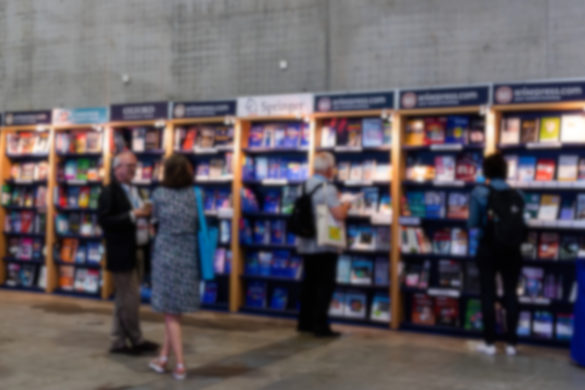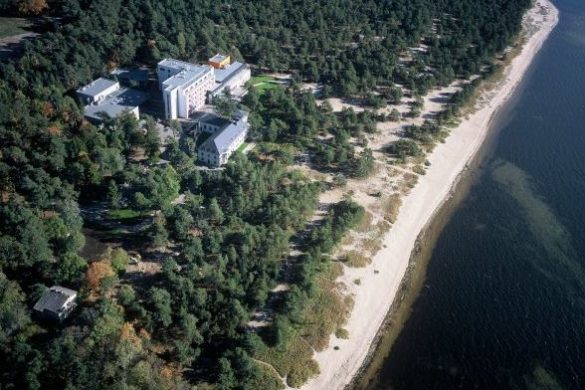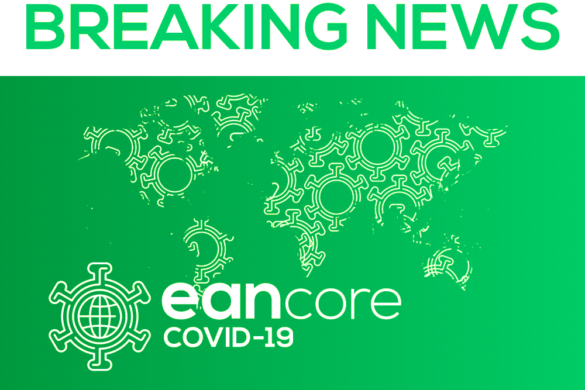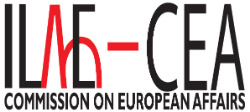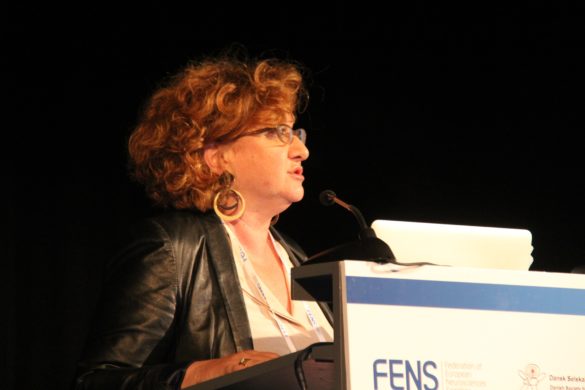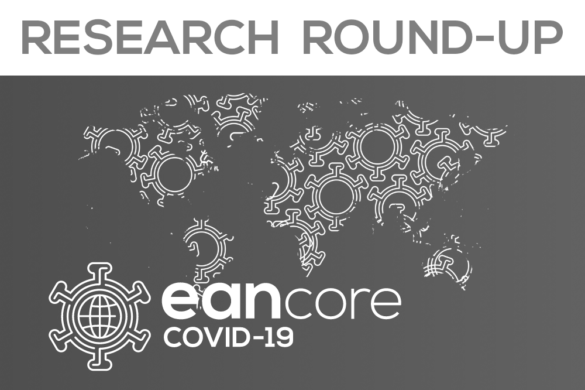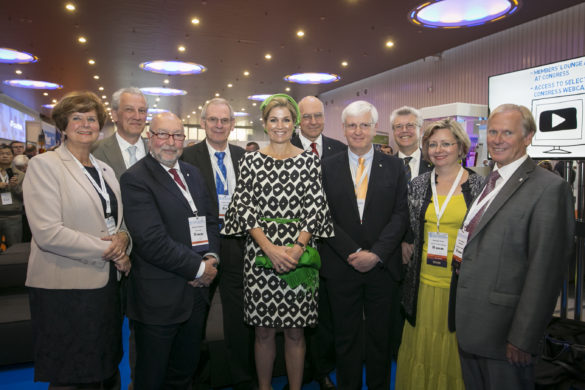Concerning medical teaching the measures that have been taken diminished the interaction between teachers and students, leading to a significant reduction on the number of classes. After some weeks of social distancing, the teaching process slowly restarted using web-based platforms. Regarding specifically to the neurosciences field, the classes have been increasing in quantity and quality over time. The initial period was, for all of us, a period of adaptation: learning new ways of teaching for professors and modifying study methods for students, for example.
Given the applied restrictions and measures, education remains confined to online resources and theorical part, without interaction between teachers, students and patients. Attending a clinical year of Medicine master’s degree, student-patient interaction is the base of learning and medical education. Students have seen their learning methods changing completely from one day to another, too fast, which created new challenges in adapting to the new teaching methods, aside of the challenges superimposed by social distancing, which has not been easy for any of us.
Referring specifically to neurosciences, my personal experience emphasizes the relevance of patient-student interaction. After an internship last summer in a neurology department at an Italian Hospital, I can confirm that education and learning are severely boosted with patient interaction. There are physical exam findings that can only be learned by doing, touching and feeling the patient, as well as the way we, future clinicians and doctors, interact with patients, as that is highly individualized: the more we interact, the better we know how to communicate. And communication is one of the biggest fundamentals of modern medicine. In this matter, neurosciences education has been highly impaired, but with all the efforts made by teachers and students, this loss is now smaller. I must say these improvements in neurosciences teaching during isolation have been well achieved.
It is sure that a clinical case is nowhere comparable to an anamnesis and physical examination performed by the student and discuss with the entire class. But it is the closest we have right now.
This time is a period of adaptation, in which all of us must be more understanding and flexible. This is our new reality, and it does not incorporate human interaction, as ironic as it seems, since one of the most proclaimed principle and gift of modern medicine is exactly the power of human interaction and contact.
The evolution of our classes has been positive and very beneficial for us, students. Interaction will always be a missed component, but it is just for a moment in our lives.
A personal testimony on my experience in a COVID-19 Hospital
On the 6thof April I received a phone call around 9am, from the chief-nurse of the Campaign Hospital of Porto (HCP), asking If I was still available for helping as a volunteer. My answer was crystal clear: yes. From that day on I woke up everyday with butterflies in my stomach, waiting by my mail inbox, for another contact from HCP. On the 9th of April, the so wanted email appeared on my inbox, with a call for a workshop that would be held the following day, about individual protection and equipment. From that day on, everything started to feel real, and the responsibility of my future job fell on my shoulders for the first time. On these moments, we are assaulted by several emotions all at once. It should be noted that HCP only received volunteers, people with the will to serve their country and help those in need, with nothing in return.
Since the 15th of April that HCP started receiving COVID-19 patients. And ever since I have been doing 12-hour shifts. This has been a surreal experience, something I, as a medical student, never thought I would experience.
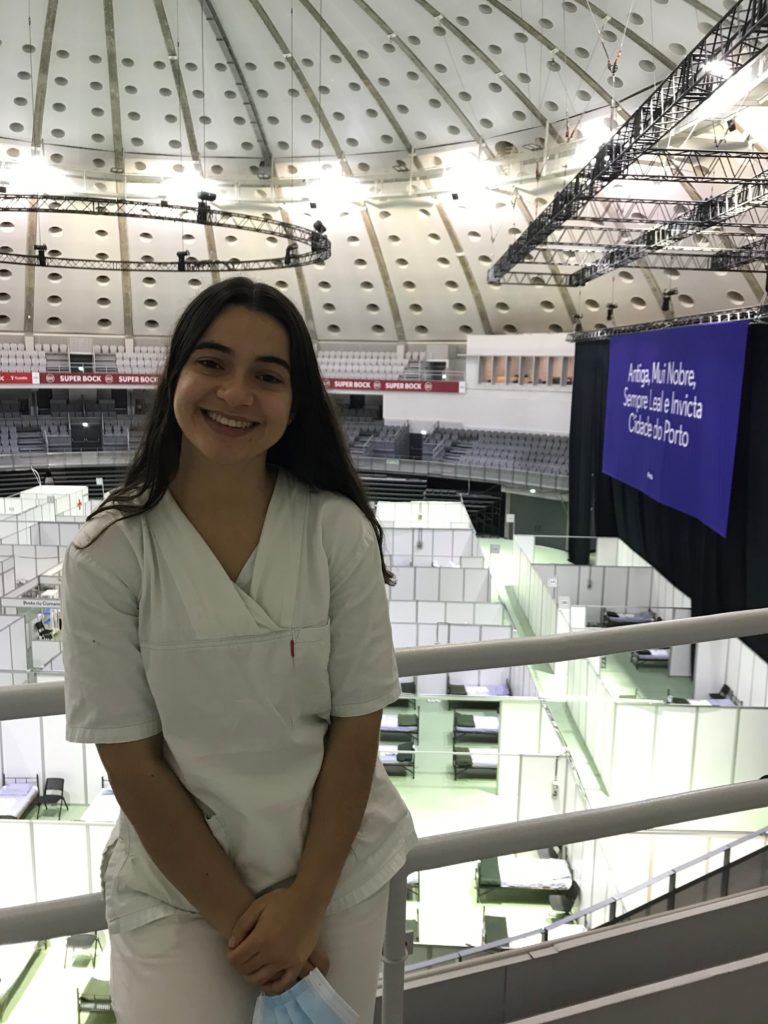
As a clinical year medical student (4th year out of 6), I do not have permission to provide medical care, so I am providing nursing care for the present moment. During the last week I have learned so much more than I could expect, I’ve been experiencing a spirit of union, a team spirit, like I’ve never felt before, side by side with former medical teachers of mine and all kinds of medical care providers and first line responders that I admire. It is hard to describe the sensation of being inside a place like this, on the front line.
Inside the condition we’re dealing with, there are extreme safety measures that must be fulfilled, measures that sometimes seem to suffocate the staff. All the infection control protocols and concepts are being applied and I believe every single individual working at HCP will leave this experience knowing more about infection control and stress management.
The environment lived inside HCP is a mix of emotions: tiredness, anxiety, joy, help, union, friendship and teamwork.
Inside the red zone (contaminated area) there is always work to be done. The work I perform includes delivering and checking medication, help mobilizing bedridden patients, new patient admissions, monitoring admitted patients. When time starts to accumulate inside the individualized protection equipment at the red zone, tiredness starts to fall down on us, the equipment is too hot, visors apply to much pressure on the face, face masks hurt the nose and ears, discomfort starts to grow. And this is when we must keep calm and discern correctly, asking for help and a replacement, in order to switch shifts. After some days waking up is complicated and tiredness accumulates, but on the next day the same insatiable will of going back to the hospital and give the best inside of us for the common good wins. It always wins. And we go back.
Alongside 12h shifts, I have classes and I still must study. Combining classes, hospital and studying has been incredibly hard for me, but it would be impossible to do so without the understanding and tireless comprehension of my classmates and teachers. Their support has been essential and fundamental for me to be able to work at the hospital and still have good school performance. To them, I owe my most honest, profound and sincere thank you.
I am a meticulous person, who plans her days to the utmost detail, and one who kept to the plan no matter what. I am a person of routine and rules. At least I thought I was. The current unpredictability and uncertainty from day to day makes it hard to adjust and even harder to plan my days as I previously did. There is no other routine aside of waking up, driving to HCP and returning home at the end of the shift. Everything that happens during the day is quite unpredictable. The day is built little by little. If I have a break, even if it’s a small one, I use it to study. If I get a bigger break, like 30-40 minutes, I’ll use it to exercise a little bit. Little did I know that I could be a person that doesn’t have to schedule or plan her days. I thought that I was who I was, and that I would always be that way. This experience showed me that I am much more that I thought I was, much more capable of dealing with stress, much more capable of going with the flow, much more capable of not following a specific routine or plan. This experience showed me that I can put my own personality traits aside due to the unconditional love and passion I have for the job that will be my life. I even concluded that maybe this wasn’t even a personality trait, but only a rooted habit. This to say that this pandemic has made me and surely all of us more capable of looking out for one-another, of putting aside personal requirements to favor the greater good and those in need, and it thought us to be happy doing so.
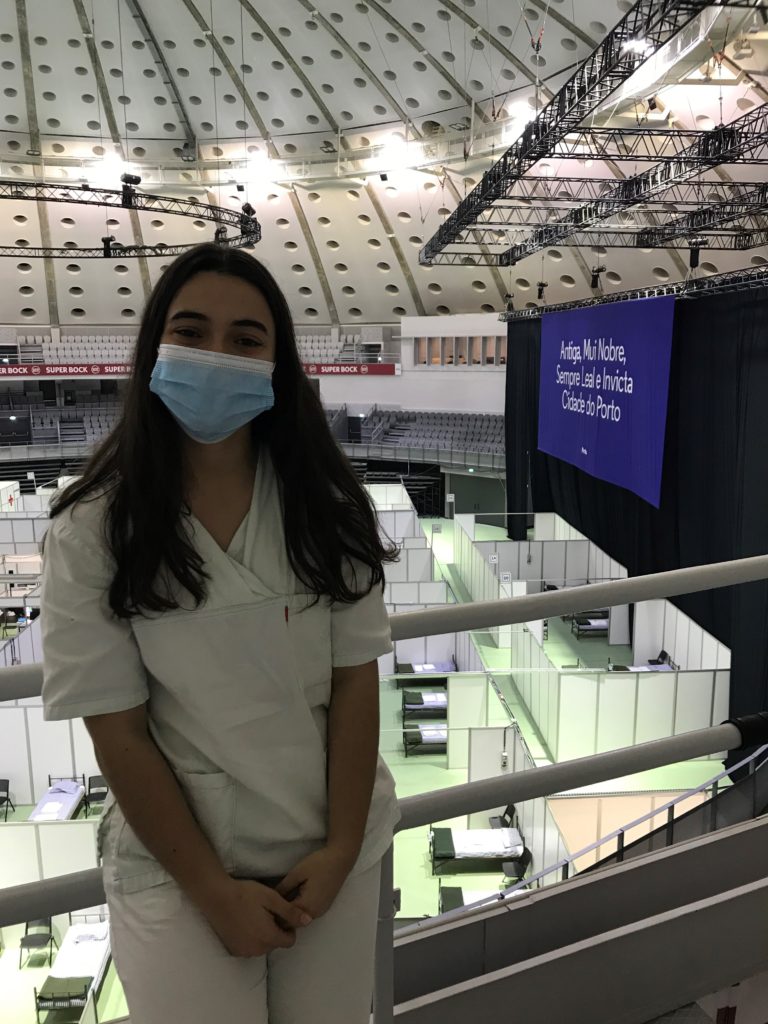
To the HCP organization, thank you for the opportunity of a lifetime. From the bottom of my heart.
Gabriela Sousa, 4th year Medical Student at Instituto de Ciencias Biomédicas Abel Salazar – Universidade do Porto (ICBAS-UP)






